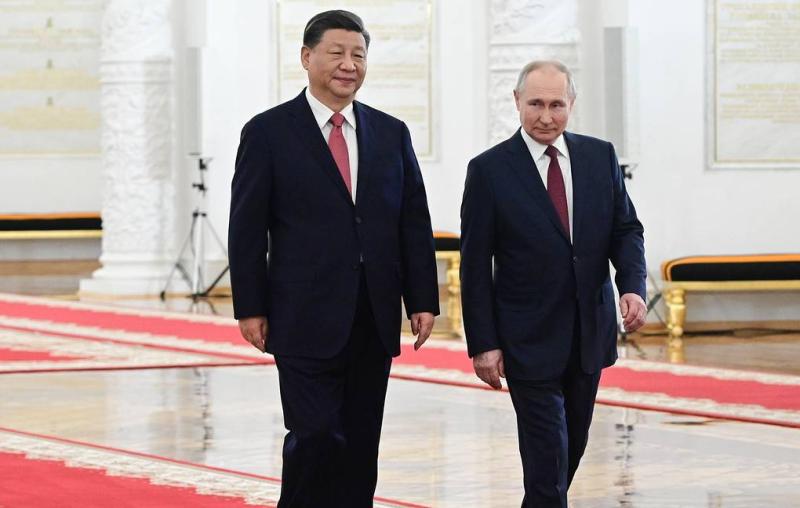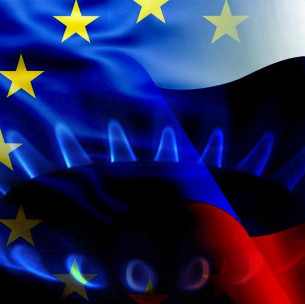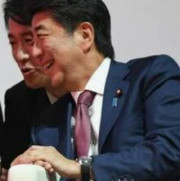
© Pavel Byrkin/Russian Presidential Press Service/TASS
March 22 saw the three-day state visit by Chinese President Xi Jinping to Russia come to an end. It was his first foreign trip after being recent re-elected for the third term. The Kremlin deems this as yet another proof of the Russian-Chinese partnership’s special nature.
The distinguished Chinese guest’s first two days in Moscow were devoted to amplified negotiations, including with Russian President Vladimir Putin and Prime Minister Mikhail Mishustin. Those yielded a dozen mutually signed documents, among them two key ones: Russian-Chinese Comprehensive Partnership and Strategic Cooperation for a New Era and the Joint Statement on the Plan to Promote the Key Elements of Russian-Chinese Economic Cooperation until 2030.
Undoubtedly, all the crucial events took place on Monday, March 20, during a 4.5-hour informal conversation in the Kremlin and over a friendly face-to-face lunch between Vladimir Putin and Xi Jinping. Over the past year, the two leaders have met only once — as part of the SCO summit in Samarkand last year, but informal communication was clearly limited back then. Regular telephone conversations cannot replace live communication — and now Putin and Xi did finally have enough time to talk things through. But what exactly did they discuss?
This question has caused a lot of concern with many people, both in the West and Russia. Someone hastened to dub the meeting historic, while others expected it to generate some breakthrough solutions. Like a joint proposal by Russia and China on the suspension of hostilities in Ukraine and the beginning of negotiations between Moscow and Kiev through Chinese mediation, or an announcement on the supply of Chinese weapons to Russia. None of this had happened, which did not make the negotiations any less significant. Rather the opposite: the lack of sensationalism has signalled that Russian-Chinese relations will keep strengthening to become "the cornerstone of global stability," as Vladimir Putin put it.
Thought not a bombshell, the Chinese leader’s visit let the parties achieve a lot, as they told the media following their two days of talks late on March 21. Vladimir Putin noted: "The talks we had yesterday and today, including one-on-one, in a narrow format and in the presence of our delegations were successful, and took place in a warm, comradely, and constructive atmosphere." According to him, the policy documents signed "set forth a framework and fully reflect the special nature of Russian-Chinese relations, which are at the highest level in all our history, offering a model of a genuine comprehensive partnership and strategic cooperation."
As the Russian leader pointed out, the topic of trade and economic cooperation was and remains the two countries’ priority, with China staying Russia's key foreign trade partner. As per late last year, their bilateral trade turnover increased by 30% to exceed $185 billion. And the figure may pass the pivotal mark of $200 billion this year. “Expanding settlements between our countries in national currencies is a serious incentive for promoting trade and investment cooperation,” Putin noticed. “As of the end of the first three quarters of 2022, the share of the ruble and yuan in mutual commercial transactions reached 65 percent and continues to grow, which allows us to protect mutual trade from the influence of third countries and negative trends on global currency markets.”
In the course of talks, the sides dwelled in detail upon successful cooperation in the energy sector. China has become the leading Russian oil importer, with Moscow ready to increase uninterrupted supply to cover the need of China’s economy. The gas sector opens up new vistas for cooperation, too. In 2022, Russia increased gas supplies to China by almost one and a half times through the Power of Siberia pipeline. Moreover, it is planned to build Power of Siberia 2 across Mongolia to pump 50 billion cubic meters per year. Successful cooperation in peaceful nuclear development is also there for all to see. Suffice it to say that Russia helps build nuclear power plants in China: the construction of blocks VII and VIII of the Tianwan NPP and blocks III and IV of the Xudapu NPP is carried out as per schedule.
One of the strategic partnership directions is agriculture, with mutual trade growing at a speedy rate — last year it surpassed the level of 41%. The window is open for stepping up exports of meat, grain and other goods to the PRC. Besides, Russia and China intend to actively develop international transport and logistics corridors. In particular, it is planned to more actively use the potential of the Trans-Siberian and Baikal-Amur railway lines, the Northern Sea Route, multi-lane trans-Asian highways, while jointly guaranteeing their stable functioning, as well as extending cargo and passenger traffic.
Vladimir Putin also stressed Russia and China’s coinciding or really close views on the most urgent international and regional issues. “We consider it important to continue to maintain close coordination within the Shanghai Cooperation Organization and BRICS, to work in conjunction with the G20, APEC and many other multilateral platforms,” the Russia leader emphasized.
Referring to the Ukraine situation, the Russian leader stated the following: "We believe that many of the provisions of the peace plan put forward by China are consonant with Russian approaches and can be taken as the basis for a peaceful settlement when the West and Kiev are ready for it. However, so far, we have not seen such readiness on their part."
In turn, Xi Jinping said that Sino-Russian ties have gone far beyond bilateral relations "and are of vital importance for the modern world order and the destiny of humankind." As a member of the UN Security Council, China is ready to defend the basic legal norms together with Russia and "improve global governance." Regarding Ukraine, the Chinese President stressed that Beijing has always upheld its "unwavering commitment to the goals and principles of the UN Charter, adopting an objective and unbiased position." "We always support peace and dialogue, and firmly stand on the right side of history," the Chinese leader stated.
Reaffirming the fact that Moscow and Beijing are "comprehensive strategic partners," he said he had officially invited Russian President Vladimir Putin and Prime Minister Mikhail Mishustin to China.
There is no doubt that Chinese President Xi Jinping's visit to Moscow was a successful one to once again prove that the sides stay "on the right side of history" and seek combating US global hegemony nip and tuck, which will only contribute to establishing a multipolar world order. Small wonder that the Chinese leader’s visit to Russia was so scary and even shocking to the United States and its allies. Anyway, Moscow and Beijing seem ready to promote their strategic partnership and develop cooperation in a variety of areas. And the West will scarcely prove an obstacle here.









